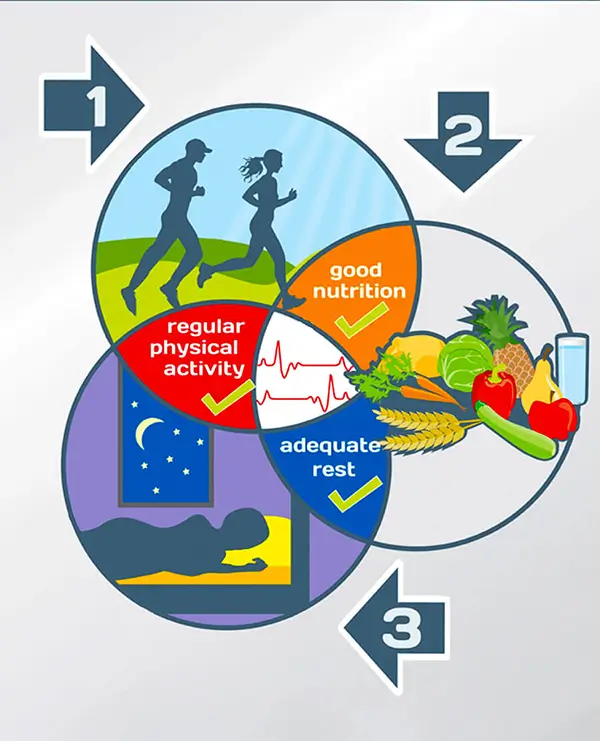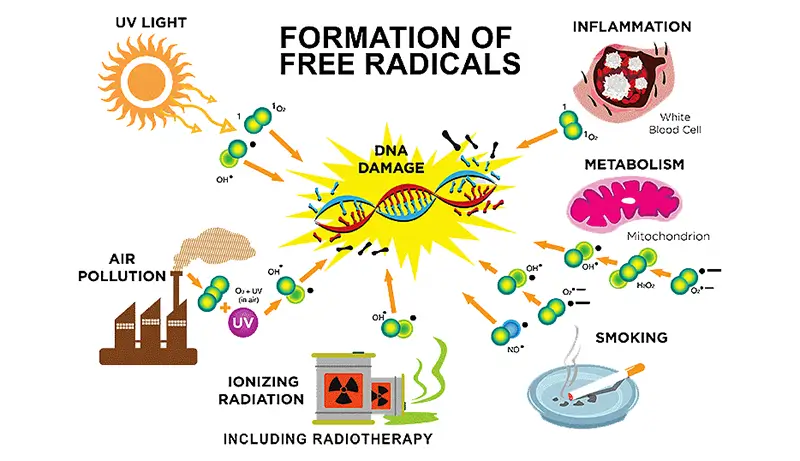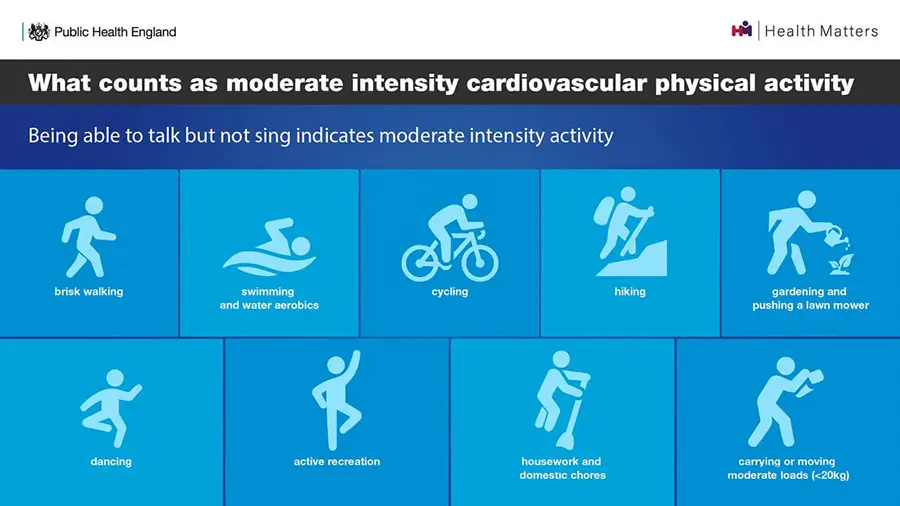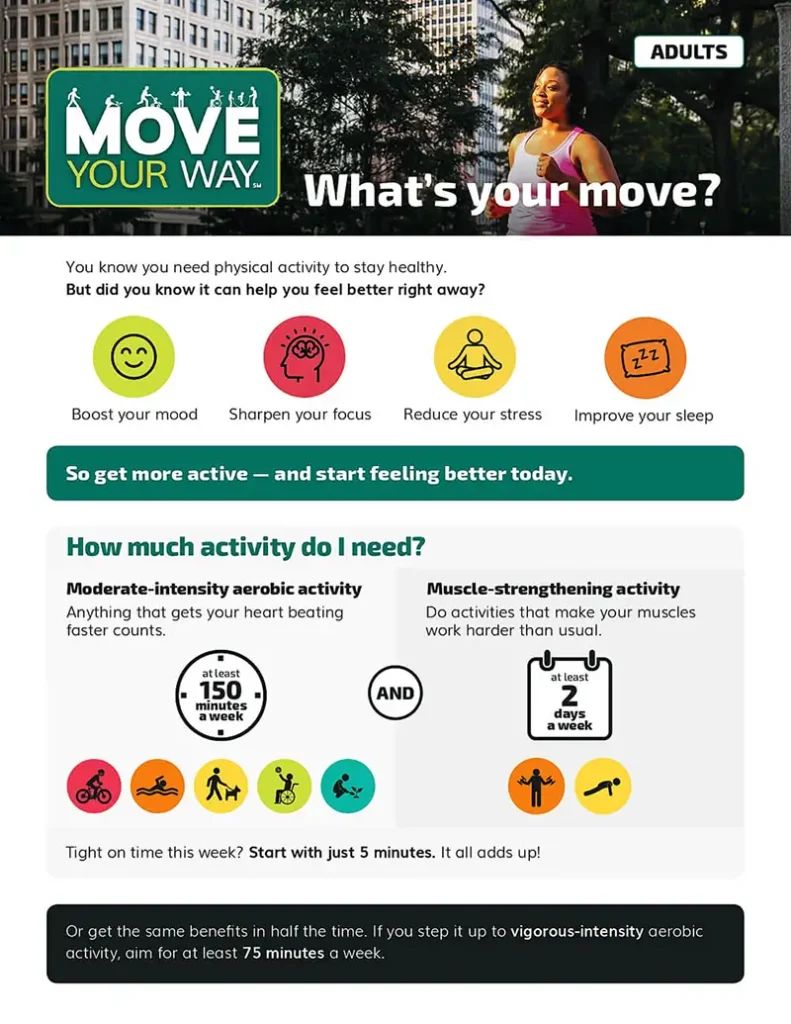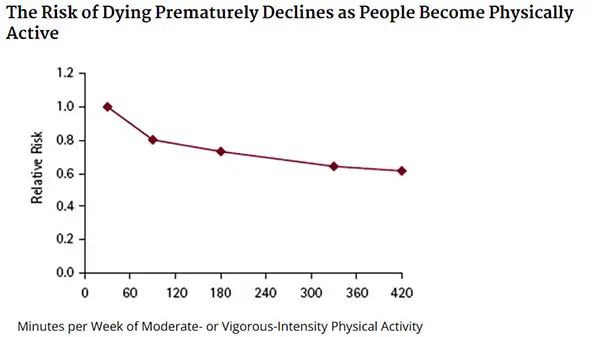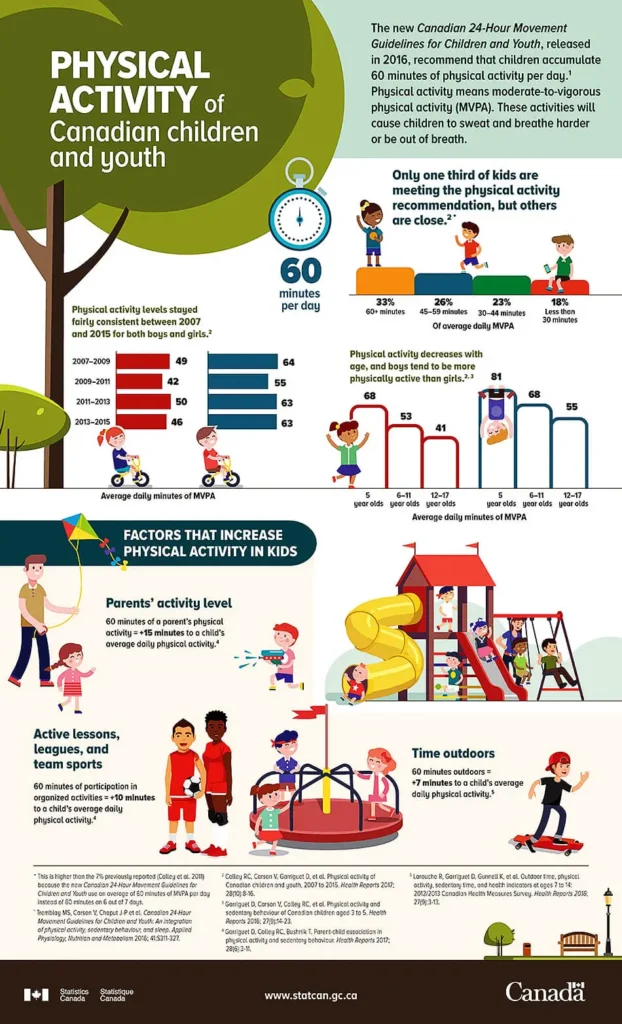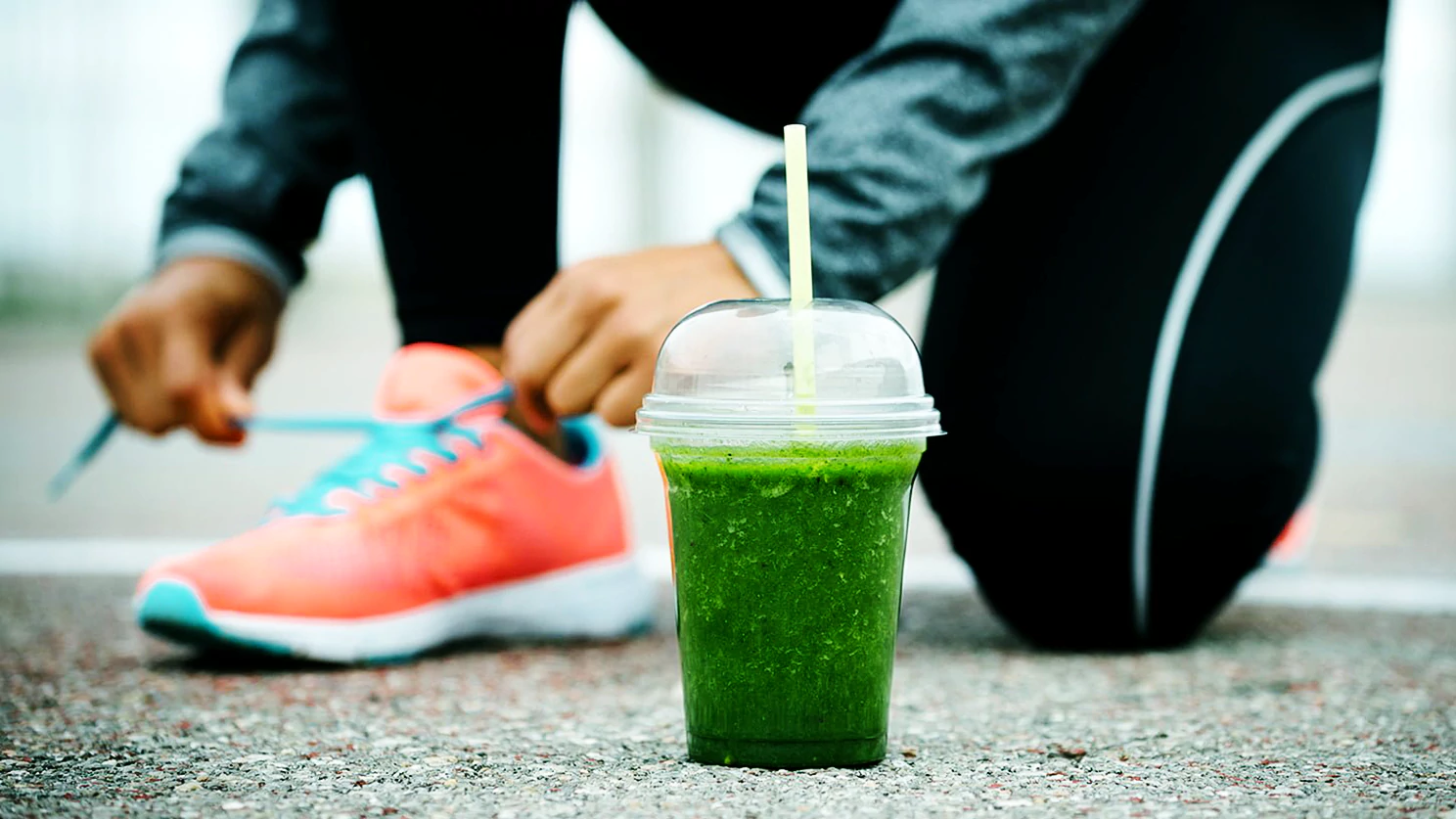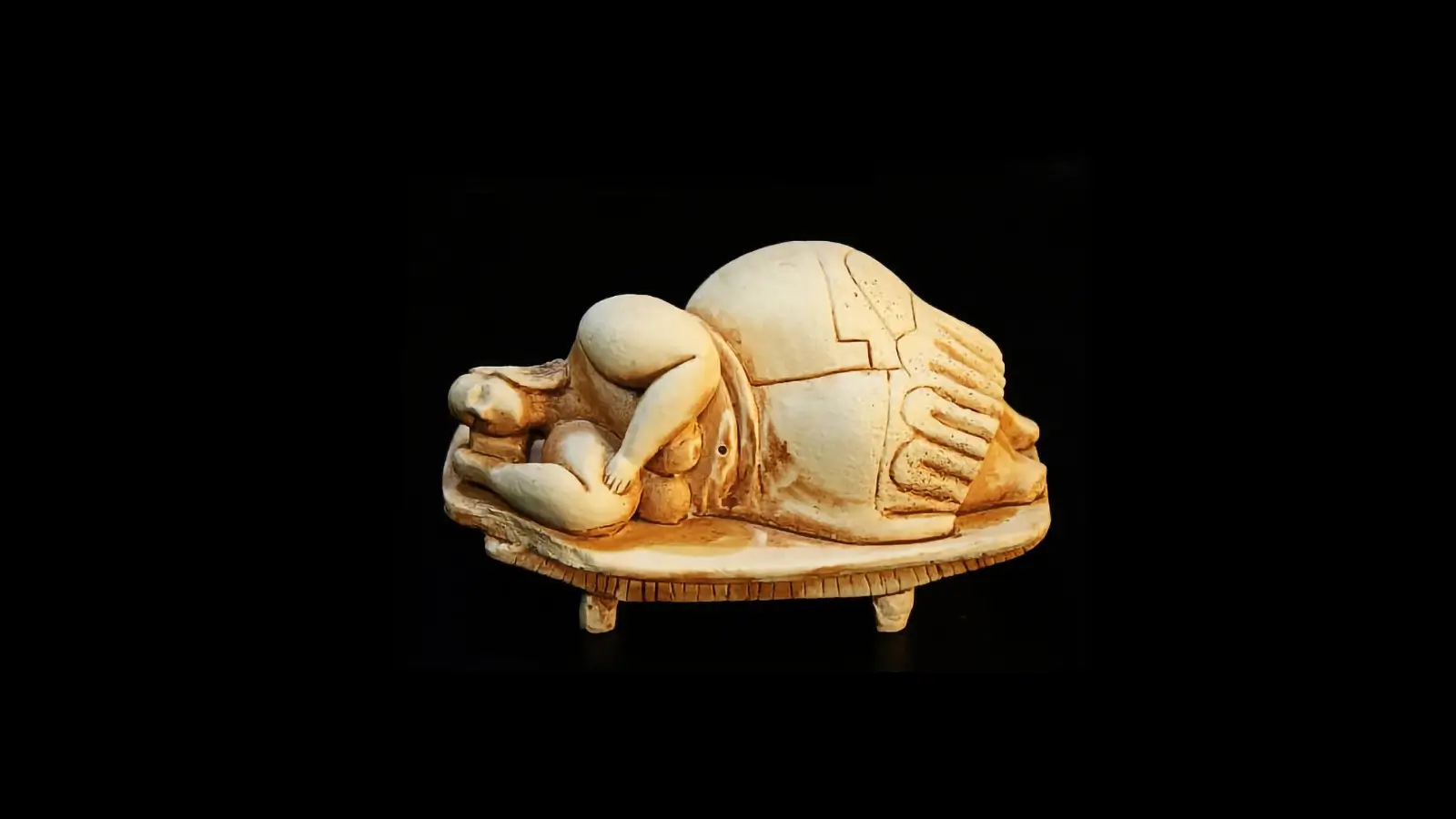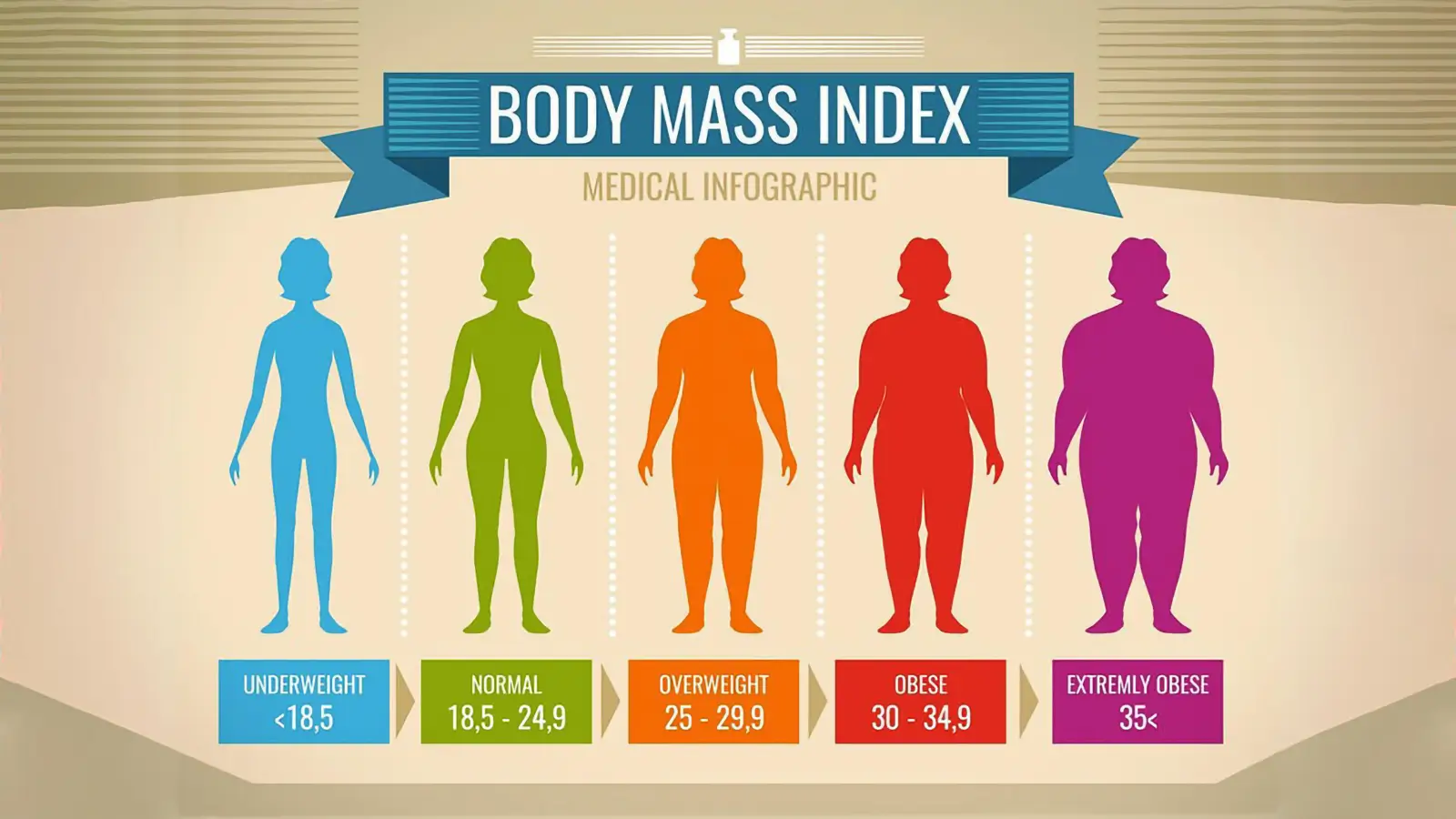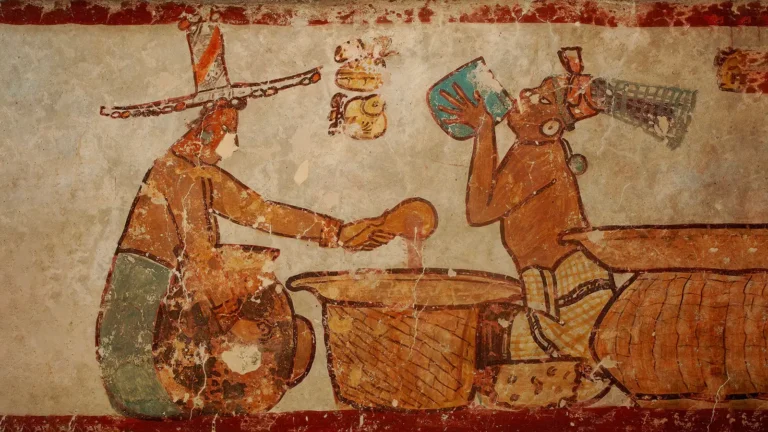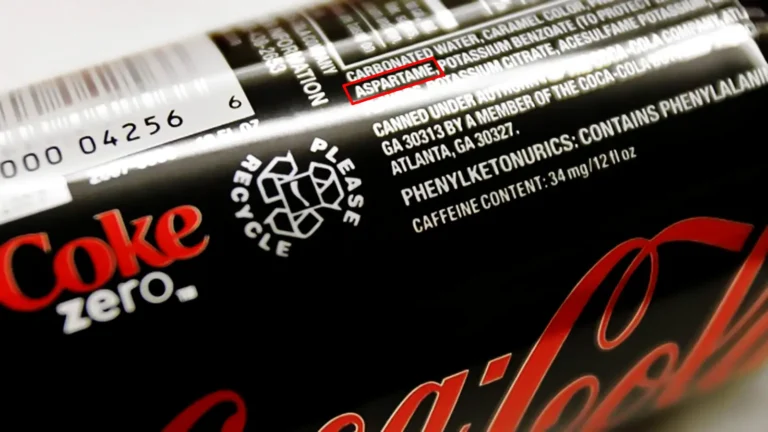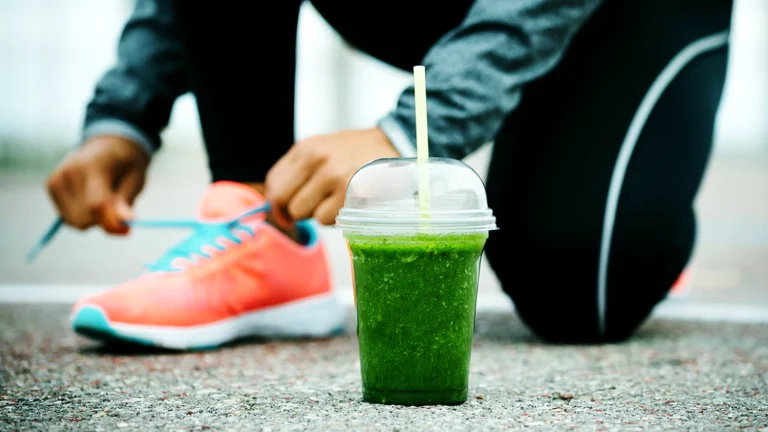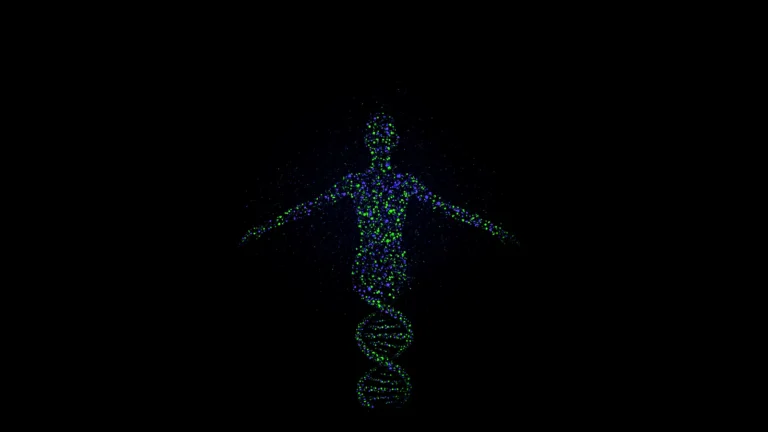Exercise- Why exactly do we need it?
In the health community, exercise has almost a mythical status as one of the best things you can do for yourself except for avoidance of smoking.
Milos Pokimica
Written By: Milos Pokimica
Medically Reviewed by: Dr. Xiùying Wáng, M.D.
Updated June 9, 2023We all know that training or exercise of any sort is healthy for us. Medical doctors like to talk a lot about prevention and a big part of prevention will come down to exercise, weight management, and refined food avoidance. It is so important that we have physical activity in schools. We have different kinds of sports. We have soccer and basketball professional leagues for watching in leisure time, even the Olympic Games. We glorify professional athletes as role models for our children. Even our dog gets agitated if he does not receive his daily dose of walking.
In health, community exercising has almost a mythical status as one of the best things you can do for yourself except to avoidance of smoking. In reality, when we look at scientific data diet is the number one killer and most important health intervention. Only after diet, there are other risk factors associated with physical inactivity and bad habits like smoking.
Pushing the belief that physical inactivity is the biggest public health problem of the 21st century is not completely truthful.
Physical inactivity barely makes it in the top ten leading causes of death in the world. Diet is number one and smoking is number two. This doesn’t mean however that exercise is not important. It just means that there are more important lifestyle changes that are affecting the quality of life in a more severe way.
Diet is absolutely number one. The problem we have is that food is an addictive substance and dietary habits cannot be so easily changed. People would just refuse to change their behavior. Exercise is pushed as a holy grail for that one reason. People are addicted to food and exercise unlike dieting can create a lot of profit from professional sports to supplements. There isn’t much money to be made out of carrots.
Promoting a whole food plant-based diet is everything except a money-making machine. Big pharma is a big business and so is the supplement industry. Exercise is a cost-effective and proven way to reduce mortality. Cost-effective means it does not lower the profits of existing businesses and most importantly a way that people can accept. This doesn’t mean that it is not as important as a preventive measure. In real life, it will provide a substantial benefit. And yes we all should exercise.
By why?
That is the first question we should know. Well, it is not because exercise itself is healthy. It is a stressful, painful experience full of sweat and the possibility of injuries that increases oxidative stress and leads to the creation of free radical DNA damage. There are no animal species in nature that likes to “exercise”. There is nothing romantic in hunting or foraging for food. It is an existential necessity that is forced. When we exercise what we essentially are doing is that we are simulating an environment in which our ancestors have evolved. It is a form of self-inflicted pain. Pain that just by itself is not healthy and will create DNA damage due to the excessive production of free radicals due to increased oxygen consumption.
If free radicals damage DNA and exercise leads to the creation of free radicals then how can it be that physical activity can be healthy?
It is because our hominin ancestors lived by foraging. That created evolutionary adaptations in our biology. Physical activity was an essential component of their survival. You do not forage, you do not find food, and you die. It is that simple. The only reason exercise is healthy is because in a million years of evolution our body adapted to it. Our body expects it as a normal part of life.
When we do not exercise we are out of balance with our physiology, and when we do, we give our bodies what they are expecting. When we go to the gym or do any other exercise like running on the treadmill, what we are doing is that we are simulating the conditions in the habitat of our hominin ancestors.
When we look for scientific research about exercise, what will we find? Does exercise matter or it is just something to help us lose weight more rapidly? What we find is that individuals with low levels of physical activity are at higher risk of many different kinds of diseases like heart disease, cancer, Alzheimer’s disease, and also early death by any cause. Long before that, inactivity increase lower-back pain worsens arthritis symptoms and leads to anxiety. Exercise can help with lowering the risk of early death, high blood pressure, stroke, coronary heart disease, adverse blood lipid profile, type 2 diabetes, metabolic syndrome, colon cancer, breast cancer, depression, and can increase cognitive and mental health, sleep quality, immune system function and longevity.
There are a couple of main benefits of physical activity. The first and main one will be its effects on the cardiovascular system. You are probably doing to do some “cardio” in the gym.
When we exercise, the heart starts to contract forcefully and frequently. That will increase blood flow through the arteries and allow our muscles to use more oxygen. An increase in blood flow will cause subtle changes in the autonomic nervous system, which controls the contraction and relaxation of these vessels. This adaptation leads to lowering blood pressure, a more variable heart rate meaning the ability of the heart to slow down or increase contractions when needed and a lower resting heart rate overall which means increased efficacy of the cardiovascular system with fewer beats to pump blood through the body. All aspects have an impact on lowering cardiovascular disease.
Exercise also lowers inflammation associated with the cardiovascular system. Exercise in research was able to cause around a 30 percent dip in C-reactive protein levels, a marker of inflammation. Thirty percent drop is about the same drop that statin (the cholesterol drug) is able to cause. It beefs up the body’s immune system and wards off cancer and other diseases.
One of the main benefits will also be an increase in insulin sensitivity. When someone runs, muscle contractions will increase the production of adenosine monophosphate-activated protein kinase (AMPK). This is an enzyme that promotes the breakdown of fats that can interfere with the cell’s glucose transporters. AMPK can help in preventing type 2 diabetes.
Research in rats shows that physical exercise boosts BDNF (brain-derived neurotrophic factor). BDNF is an essential factor in learning and memory. BDNF helps rats to remember how to navigate their way through mazes, and similar activity can be assumed in humans.
Exercise will help to maintain bone mass and will reduce the risk of osteoporosis. Bones become stronger when forced to adapt to bear more weight than usual.
The Department of Health and Human Services (HHS) monitors this kind of research and releases periodically its Physical Activity Guidelines for Americans. Recommendations are that:
“Adults between the ages of 18 and 64 exercise moderately (walking) for at least two hours and 30 minutes or vigorously (running, swimming, or cycling ten mph or faster) for at least an hour and 15 minutes weekly”.
That is about 11 minutes of running a day on the treadmill. For people who do not understand how to read this kind of release, the keyword is for at least. The more is better. They are recommending what they think may be achievable. When we look at their charts of the correlation between exercise and premature death all we can see is just a steady linear drop.
If we exercise 180 minutes a week, we will have a 27% lower risk but if we exercise 420 minutes a week will have a 38.5% lower risk, and this kind of correlation is found in all studies and systematic reviews and meta-analyses of cohort studies. In one study (Mok et al., 2019) they reviewed 22 studies that met inclusion criteria. A study containing 977,925 individuals (334,738 men and 643,187 women) and found that 2.5h/week (equivalent to 30min daily for 5 days a week) compared with no activity was correlated with a decrease in mortality risk of 19%, while 7h/week of moderate activity compared with no activity reduced the mortality risk by 24%.
The conclusion was that:
“Being physically active reduces the risk of all-cause mortality.”
Going from no activity to a small amount was found to provide the most significant amount of benefit.
However, that does not mean that if we are active that there is no additional benefit. Even at high levels of activity benefits still, accrue from the additional activity. The more and the longer the exercise, the more benefits.
References:
- Mok, A., Khaw, K., Luben, R., Wareham, N. J., & Brage, S. (2019). Physical activity trajectories and mortality: population based cohort study. BMJ, l2323. https://doi.org/10.1136/bmj.l2323
- Arem, H., Moore, S. C., Patel, A., Hartge, P., Berrington de Gonzalez, A., Visvanathan, K., Campbell, P. T., Freedman, M., Weiderpass, E., Adami, H. O., Linet, M. S., Lee, I. M., & Matthews, C. E. (2015). Leisure time physical activity and mortality: a detailed pooled analysis of the dose-response relationship. JAMA internal medicine, 175(6), 959–967. https://doi.org/10.1001/jamainternmed.2015.0533
- Woodcock, J., Franco, O. H., Orsini, N., & Roberts, I. (2011). Non-vigorous physical activity and all-cause mortality: Systematic review and meta-analysis of cohort studies. International Journal of Epidemiology, 40(1), 121-138. https://doi.org/10.1093/ije/dyq104
Do you have any questions about nutrition and health?
I would love to hear from you and answer them in my next post. I appreciate your input and opinion and I look forward to hearing from you soon. I also invite you to follow us on Facebook, Instagram, and Pinterest for more diet, nutrition, and health content. You can leave a comment there and connect with other health enthusiasts, share your tips and experiences, and get support and encouragement from our team and community.
I hope that this post was informative and enjoyable for you and that you are prepared to apply the insights you learned. If you found this post helpful, please share it with your friends and family who might also benefit from it. You never know who might need some guidance and support on their health journey.
– You Might Also Like –

Learn About Nutrition
Milos Pokimica is a doctor of natural medicine, clinical nutritionist, medical health and nutrition writer, and nutritional science advisor. Author of the book series Go Vegan? Review of Science, he also operates the natural health website GoVeganWay.com
Medical Disclaimer
GoVeganWay.com brings you reviews of the latest nutrition and health-related research. The information provided represents the personal opinion of the author and is not intended nor implied to be a substitute for professional medical advice, diagnosis, or treatment. The information provided is for informational purposes only and is not intended to serve as a substitute for the consultation, diagnosis, and/or medical treatment of a qualified physician or healthcare provider.NEVER DISREGARD PROFESSIONAL MEDICAL ADVICE OR DELAY SEEKING MEDICAL TREATMENT BECAUSE OF SOMETHING YOU HAVE READ ON OR ACCESSED THROUGH GoVeganWay.com
NEVER APPLY ANY LIFESTYLE CHANGES OR ANY CHANGES AT ALL AS A CONSEQUENCE OF SOMETHING YOU HAVE READ IN GoVeganWay.com BEFORE CONSULTING LICENCED MEDICAL PRACTITIONER.
In the event of a medical emergency, call a doctor or 911 immediately. GoVeganWay.com does not recommend or endorse any specific groups, organizations, tests, physicians, products, procedures, opinions, or other information that may be mentioned inside.
Editor Picks –
Milos Pokimica is a health and nutrition writer and nutritional science advisor. Author of the book series Go Vegan? Review of Science, he also operates the natural health website GoVeganWay.com
Latest Articles –
Top Health News — ScienceDaily
- Alzheimer’s may begin with a silent drop in brain blood flowon February 24, 2026
Subtle changes in brain blood flow and oxygen use are closely linked to hallmark signs of Alzheimer’s, including amyloid plaques and memory-related brain shrinkage. Simple, noninvasive scans may one day help spot risk earlier—by looking at the brain’s vascular health, not just its plaques.
- Scientists engineer bacteria to eat cancer tumors from the inside outon February 24, 2026
Researchers are engineering bacteria to invade tumors and consume them from the inside. Because tumor cores lack oxygen, they’re the perfect breeding ground for these microbes. The team added a genetic tweak that helps the bacteria survive longer near oxygen-exposed edges — but only once enough of them are present to trigger the change. It’s a carefully programmed biological attack that could one day offer a new way to destroy cancer.
- Massive US study finds higher cancer death rates near nuclear power plantson February 24, 2026
A sweeping nationwide study has found that U.S. counties located closer to operating nuclear power plants have higher cancer death rates than those farther away. Researchers analyzed data from every nuclear facility and all U.S. counties between 2000 and 2018, adjusting for income, education, smoking, obesity, environmental conditions, and access to health care. Even after accounting for those factors, cancer mortality was higher in communities nearer to nuclear plants, particularly among older […]
- Training harder could be rewiring your gut bacteriaon February 24, 2026
Training harder may do more than build muscle—it could transform your gut. Researchers found that intense workouts change the balance of bacteria and important compounds in athletes’ digestive systems. When training loads dropped, diet quality slipped and digestion slowed, triggering different microbial shifts. These hidden changes might influence performance in ways scientists are only beginning to understand.
- Scientists reverse muscle aging in mice and discover a surprising catchon February 24, 2026
A UCLA study in mice reveals that aging muscle stem cells accumulate a protein that slows repair but boosts survival. This protein, NDRG1, acts like a brake, preventing cells from activating quickly after injury. When researchers blocked it in older mice, muscle healing sped up dramatically — but stem cells became less resilient over time. The work suggests aging may reflect a survival trade-off rather than straightforward decline.
- Less sugar as a baby, fewer heart attacks as an adulton February 23, 2026
People whose sugar intake was restricted before birth and in early childhood had markedly lower rates of heart disease later in life. Compared to those never exposed to rationing, their risks of heart attack, stroke, heart failure, and cardiovascular death were cut by roughly 20–30%.
- Scientists create universal nasal spray vaccine that protects against COVID, flu, and pneumoniaon February 23, 2026
Scientists at Stanford Medicine have unveiled a bold new kind of “universal” vaccine that could one day protect against everything from COVID-19 and the flu to bacterial pneumonia and even common allergens. Instead of targeting a specific virus or bacterium, the nasal spray vaccine supercharges the lungs’ own immune defenses, keeping them on high alert for months. In mice, it slashed viral levels, prevented severe illness, and even blocked allergic reactions.
PubMed, #vegan-diet –
- Veganism: an extended theory of planned behavior framework incorporating ethical, environmental, and sociodemographic determinantson February 20, 2026
CONCLUSION: This study broadens the TPB by integrating ethical, normative, and psychosocial dimensions that explain vegan intentions beyond traditional predictors. Findings underscore the importance of moral identity, perceived social expectations, and contextual factors in shaping sustainable dietary behaviors.
- Association Between Diet and Metabolome in Childhood and Adolescence: A Systematic Reviewon February 11, 2026
CONCLUSION: This review identifies several metabolites consistently associated with specific dietary components across different studies in children and adolescents. These findings support the potential of metabolomics for validating dietary biomarkers and improving the accuracy of dietary assessment in pediatric populations. Although metabolomic markers reflect actual dietary intake, their implications for health outcomes remain to be explored.
- Growth Trajectories in Infants From Families With Plant-Based or Omnivorous Dietary Patternson February 5, 2026
CONCLUSIONS AND RELEVANCE: In this cohort study, infants from vegan households had growth patterns similar to those from omnivorous households, with a higher odds of early underweight that decreased by age 24 months. In the context of developed countries, these findings seem reassuring. Further research should examine vegan diet quality and the impact of nutritional counseling during pregnancy and infancy in supporting optimal infant development.
- Influences of vegan status on protein intake, lean body mass, and strength in lightly active, young women: A cross-sectional studyon February 5, 2026
CONCLUSION: These data suggest that functional indicators of body protein status may be adversely impacted by long-term adherence to vegan diets in young adult women.
- Iodineon January 1, 2006
Iodine is an essential trace nutrient for all infants that is a normal component of breastmilk. Infant requirements are estimated to be 15 mcg/kg daily in full-term infants and 30 mcg/kg daily in preterm infants.[1] Breastmilk iodine concentration correlates well with maternal urinary iodine concentration and may be a useful index of iodine sufficiency in infants under 2 years of age, but there is no clear agreement on a value that indicates iodine sufficiency, and may not correlate with […]
Random Posts –
Featured Posts –
Latest from PubMed, #plant-based diet –
- Differences in Protein Quantity and Quality Across a Spectrum of Plant-Based Meals: Analysis of a Large National Dietary Surveyby Sophie L van Oppenraaij on February 24, 2026
CONCLUSIONS: This study shows that only a small proportion of Dutch adults met both protein-related recommendations and sustainability goals, due to lower protein quantity and quality in more plant-based diets. This study emphasizes the need for professional guidance, especially in individuals with higher protein requirements, to facilitate a successful transition to a more plant-based diet.
- Dietary animal fat disrupts gut microbiota and aggravates Scl-cGVHD after allogeneic hematopoietic stem cell transferby Danielle D Millick on February 24, 2026
Allogeneic hematopoietic stem cell transplant (allo-HSCT) is an effective treatment for high-risk or relapsed acute leukemia. However, the frequent occurrence of graft-versus-host disease (GVHD) poses significant complications. Modifiable factors such as the gut microbiome and dietary regimen have the potential to influence the frequency and severity of GVHD. Previous studies in mouse models have shown a direct link between obesity and increased severity of GVHD; however, analysis of human […]
- Evaluation of biochemical, histopathological, hematological, and genotoxic effects of some indigenous weed plant extracts in albino rats toward a natural and safe alternative to synthetic insecticidesby Muhammad Asif Zahoor on February 23, 2026
CONCLUSION: These findings suggest that these weed plants have the potential to be used as biopesticides for future integrated pest management (IPM) programs.
- Comparative life cycle assessment of conventional dairy products and plant-based analog and hybrid alternatives: current status and future perspectivesby Muhammed Fidan on February 23, 2026
Conventional dairy products are associated with relatively high environmental burdens, largely driven by farm-level processes such as enteric methane emissions, feed production, and land use. These concerns have intensified interest in plant-based analog and hybrid dairy products as potential alternatives. However, environmental comparisons among these product categories remain inconsistent due to differences in functional units, methodological choices, and nutritional characteristics. This…
- Dietary Patterns and Indicators of Cognitive Functionby Hui Chen on February 23, 2026
CONCLUSIONS AND RELEVANCE: Results reveal that healthy diets, exemplified by the DASH diet for blood pressure control and diets with lower hyperinsulinemia and inflammation potentials, were associated with a lower SCD risk and better cognitive function. These findings underscore the importance of a healthy diet for maintaining long-term cognitive health.
- Adherence to the EAT-Lancet Planetary Health Diet during Pregnancy and Associations with Preterm Birth and Infant Size: a prospective analysis from the New Hampshire Birth Cohortby Leyre Notario Barandiaran on February 21, 2026
CONCLUSION: Originally proposed for chronic disease prevention and planetary sustainability, higher adherence to the PHD during pregnancy may also benefit birth outcomes, particularly lower odds of preterm birth.
